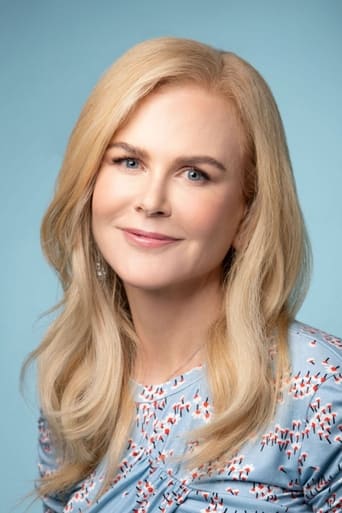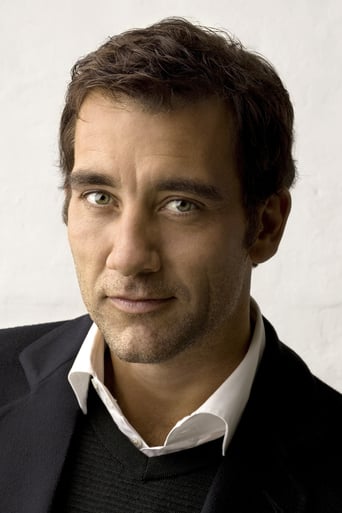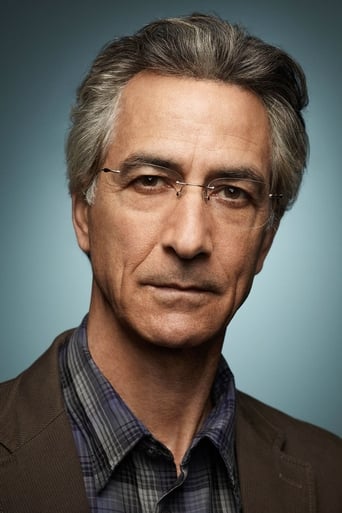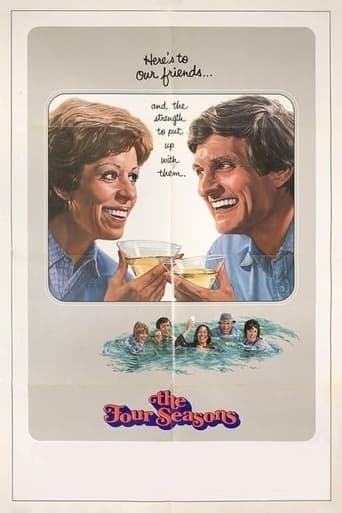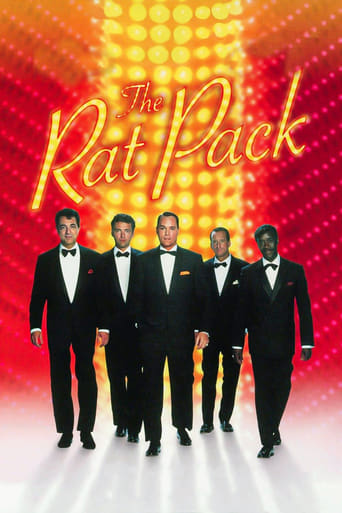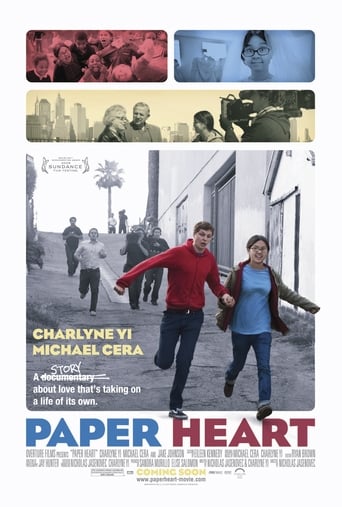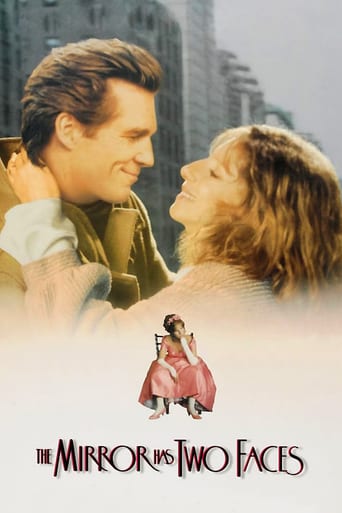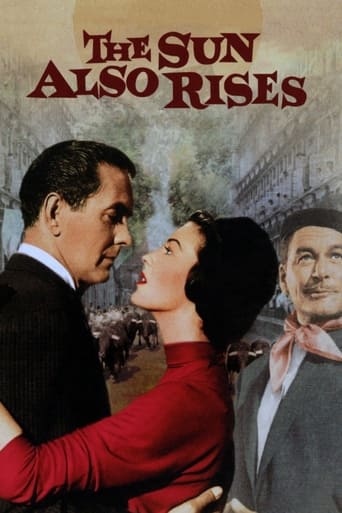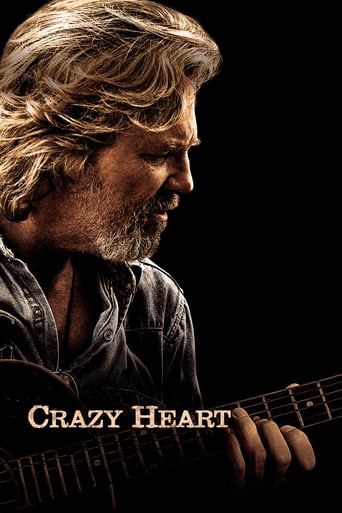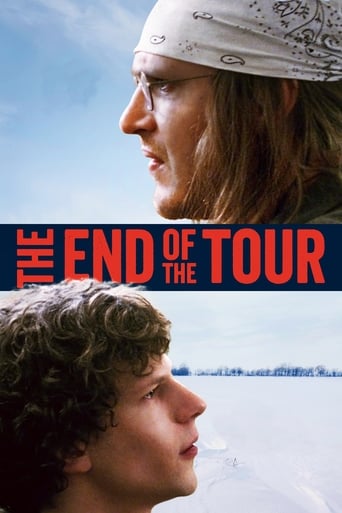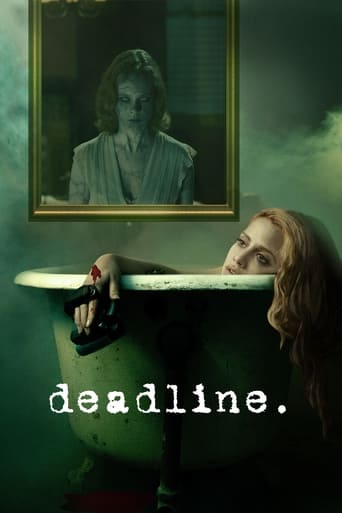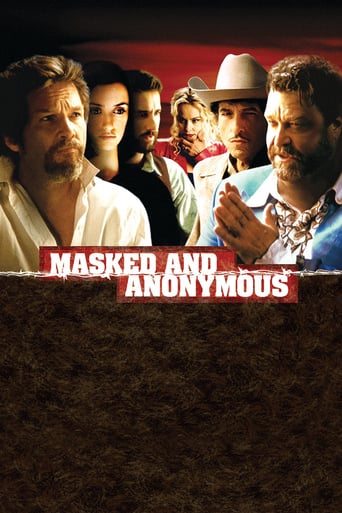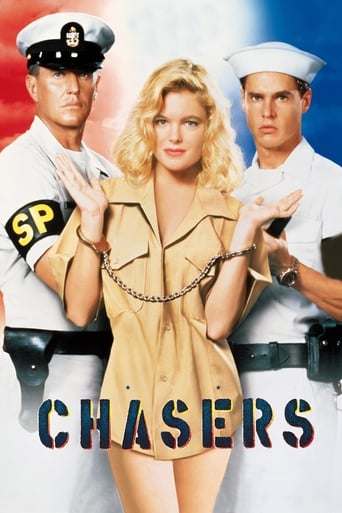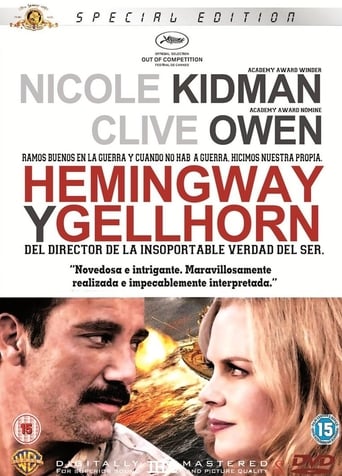
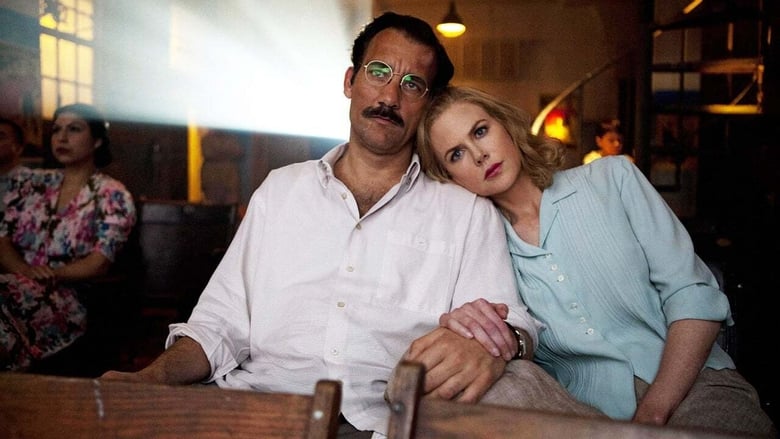
 Watch Now
Watch Now




Hemingway & Gellhorn (2012)
 Watch Now
Watch Now




Writer Ernest Hemingway begins a romance with fellow scribe Martha Gellhorn.
Watch Trailer
Cast


Similar titles
Reviews
Best movie of this year hands down!
That was an excellent one.
It is an exhilarating, distressing, funny and profound film, with one of the more memorable film scores in years,
An old-fashioned movie made with new-fashioned finesse.
If you know nothing about Martha Gellhorn then you should definitely see this uneven movie. She was a war correspondent, among other things, in the 20th century The film uses Zelig-like effects to insert the lovers into history, often in black and white. The film ends rather abruptly showing Hemingway's end, but not Gellhorn's. The film is overlong. Again, worth a look as an introduction to Gellhorn.
HBO's 'Gellhorn and Hemingway', a bio picture, is 155 minutes in running time. The story of Martha Gellhorn and Ernest Hemingway might have deserved better treatment as a straightforward documentary than a film made for television and the widescreen. Nicole Kidman is Gellhorn and the talented but underrated Clive Owen is Hemingway. There is no other way to call them since they are strong personalities and unstoppable in the pursuit of fame and fortune, love and war. No, they aren't the Martha and George of Albee's 'Whose Afraid of Virginia Woolf', but they, each in their own way, seem indestructible personalities, immovable objects that in the end proved incompatible. The fires of passion ignite from the moment Gellhorn meets Hemingway in Sloppy Joe's bar in Havana Cuba in the mid-1930s. The crucible of strong and barely controllable emotion flare up in Spain during the Spanish Civil War. Gellhorn proves an apt pupil who learns her craft of writing during war from Hemingway, and she is the inspiration for Maria in his homage to the people of Spain and the International Brigades who fought for the Spanish Republic against the fascist Franco and his Nazi and Italian allies. Were this a simple roll in the hay during the bombing of Madrid, Philip Kaufman's film would be simply another banal love story. It is not. He uses vintage newsreel of the fighting, the street life of Madrid during bombings, the exuberant attach to life in the face of overwhelming odds that the legitimate Republic would prevail against the fascists, with antiquated arms, motley crew of volunteers from Europe, Canada and the US, whose governments imposed an embargo on aid to the democratic government of Spain. Only Soviet Russia offered arms and aid, which complicated the glue that seemed to hold Republic Spain together--democratic, anarchist and communist. In a way, it is a quick study of the people who went to Spain: Joris Ivans who made the sharply strong and powerful 'Spanish Earth' that Hemingway narrated; the photographer Robert Capra, the writer John Dos Passos, whom left a sour taste in Hemingway's mouth. (Dos Passos was less enthusiastic about Hemingway's 'To Have and Have Not', a critique that didn't set lightly on the author's ego.) The interplay of personal rivalry, bravado and love making, more than anything that makes the drama of the first act to World War II vivid and realistic and more or less faithful to the era and the narrative. Biden by the war bug that ultimately will break the marriage of Gellhorn and Hemingway, Kidman as 'Marty' rushes off to cover that small war of Finland's resistance to Russian invasion 1939, in a land grab following the signing of the German-Soviet Nonaggression Pact. Gellhorn at the Finnish front tested the couple's union: Hemingway wanted a woman at home to care for his every whim. Gellhorn, as the daughter of a suffragette, was not cut out for that stay at home role. With an assignment to go to China, Gellhorn takes Hemingway along. He seems less enthralled but goes along; his wife is the star even though his reputation precedes him. In brief scenes, Kaufman manages to recreate the squalor and horror of the Japanese war against China; he even manages to convey the brute strength of Chinese coolies during the difficult and tiring journey on the Yangtze, as though it had come out of John Hersey's 'A Single Pebble'. The HBO film had its lighter but macabre moment when the couple meet Chiang Kai Shek and his wife the American-educated Soong Mai Ling, Mme. Chiang. Nonetheless, it was the coverage of the opening of the second front in the Europe theater of war that broke the marriage, Collier's Magazine regularly employed Gellhorn as a war correspondent, but the lure of Hemingway's name made the magazine appoint him as correspondent for the landing of Allied troops in France. Gellhorn felt betrayed and cleverly devised a way to stow away on a troop ship of nurses, and thus became the first correspondent to go ashore with the troops on D Day. Meanwhile Hemingway found his fourth wife Mary and ended up wounded in the hospital after a night of heavy drinking in a car accident. And here ends the saga of Gellhorn and Hemingway as Kaufman ties up loose ends: Hemingway's suicide and 30 years later with David Frost interviewing Gellhorn, who has not lost her spunk and hard edge as she prepares on the cusp of 90 to cover yet another war. The film does show the fear of loss of manlihood and his loss of sexual and mental prowess. The narrative is told from Kidman's point of view, which is more faithful to the record. Owen gives a good portrait of Hemingway's lust for life and vanity and his unstoppable genius at writing until it is hinted he descended into dementia.
An HBO TV movie on the romance and marriage between Ernest Hemingway (Clive Owen) and correspondent Martha Gellhorn (Nicole Kidman). It's a tempestuous affair spanning many years through many war-torn countries ending in their divorce.I can't really comment on its accuracy, and I can see many Hemingway fans hating this interpretation. Gellhorn is portrayed as a long suffering lover/wife of Hemingway's volatile selfishness. It probably fits better as a Lifetime movie. That's not to say that the story isn't true. It's just that it seems to be simplified.Philip Kaufman does a distracting thing where he adds the actors into stock news footage of that era. The problem is that it's too jarring. The actors look out of place in these footages. The process is not done perfectly and the movie suffers for it. It's questionable even if he had this style down pat. However it is understandable considering the big production that would otherwise be needed for those big settings.The actors are top rate. They do the work beautifully. Again I can't comment on its accuracy of the portrayals. But at least they gave the characters the chance to be bigger than cardboard cutouts.
Even though I'm a Hemingway fan and consider the man to be a personal hero, I would not be outraged if this movie were only a trashy, tell-all attack on the man himself. But there are so many things wrong with this confused, ugly mess other than the persistent sneering attacks on Papa.To understand the scope of the awfulness, you have to grasp all the things this movie promises and does not deliver. HEMINGWAY AND GELLHORN is not any of the following: 1. It is not an accurate picture of the Spanish Civil War or the rise of Fascism in Europe.2. It does not explain the motives or the values of American Communists either in the Abraham Lincoln Brigade or anywhere else.3. It does not establish Martha Gellhorn as a credible feminist hero or even a competent journalist.4. Although it represents Papa Hemingway as a bully, a woman beater, a liar, and a backstabber, it never tries to pinpoint the real nature of his illness, e.g. alcoholism or depression. We are merely told that he is a bad person over and over (and over) again.5. The complexities of Hemingway's code as a writer (as opposed to a tough guy, fighter and drinker) are completely ignored. His skepticism about art as propaganda is rejected out of hand as the result of greed or cowardice. There is no in-depth analysis of the real crimes of the Stalinists in Spain or elsewhere. Nor is Hemingway ever allowed to defend the idea of artistic truth as a force that transcends politics.6. While Martha Gellhorn is presented as a "feminist" in the story, she shows zero interest in helping other career women, and indeed spends all her time in the company of men. There is no indication that she wants women to unite for common goals, or that she recognizes any forms of injustice outside of her relationship with Hemingway.7. This is not a credible love story, there is no sexual passion between the male and female leads, nor any real evidence that they like each other as people.8. All of the period details are false and the film is visually ugly in a way that is blatantly artificial. The use of stock footage with Papa and Marty wandering through history hand-in-hand like Hansel and Gretel is so crudely, blatantly done that it almost seems like the film makers are putting you on, or pulling your leg. But it's all done very, very straight, in a somber style that screams to be taken seriously.9. Hemingway's drinking is obviously self-destructive, yet Martha matches him drink for drink without any sign of concern. And the old Martha chain-smokes in the excruciatingly self-promoting "interview" segments while moaning and groaning about how the world has let her down, without ever discussing dreary things like enabling her husband's alcoholism and how her own bad habits can lead to lung cancer.10. Why is this woman admirable? Why is her story important? Why? Why? Why?


